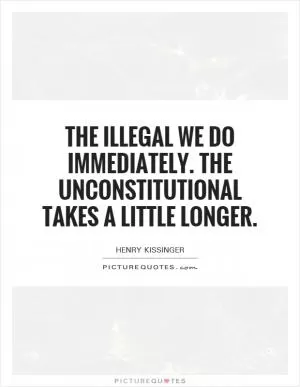Every civilization that has ever existed has ultimately collapsed

Every civilization that has ever existed has ultimately collapsed
Henry Kissinger, a renowned diplomat and political scientist, has often reflected on the rise and fall of civilizations throughout history. One of the key themes that he has explored is the inevitability of collapse for every civilization that has ever existed. Kissinger's analysis of this phenomenon sheds light on the complex interplay of factors that contribute to the downfall of societies, and offers valuable insights into the challenges facing modern civilizations.Kissinger argues that the collapse of civilizations is not a random or isolated event, but rather a result of a combination of internal and external pressures that gradually erode the foundations of society. He points to factors such as political instability, economic inequality, social unrest, and environmental degradation as key drivers of collapse. These issues are often interconnected, creating a web of challenges that can be difficult to untangle.
One of the key lessons that Kissinger draws from the history of civilizations is the importance of adaptability and resilience in the face of change. He argues that societies that are able to anticipate and respond effectively to challenges are more likely to survive and thrive in the long run. This requires a willingness to confront difficult truths, make tough decisions, and embrace innovation and change.
Kissinger also emphasizes the role of leadership in shaping the destiny of civilizations. He argues that strong and visionary leaders can help steer societies through turbulent times, while weak or corrupt leaders can hasten their downfall. The decisions made by leaders in times of crisis can have far-reaching consequences, shaping the course of history for generations to come.












 Friendship Quotes
Friendship Quotes Love Quotes
Love Quotes Life Quotes
Life Quotes Funny Quotes
Funny Quotes Motivational Quotes
Motivational Quotes Inspirational Quotes
Inspirational Quotes